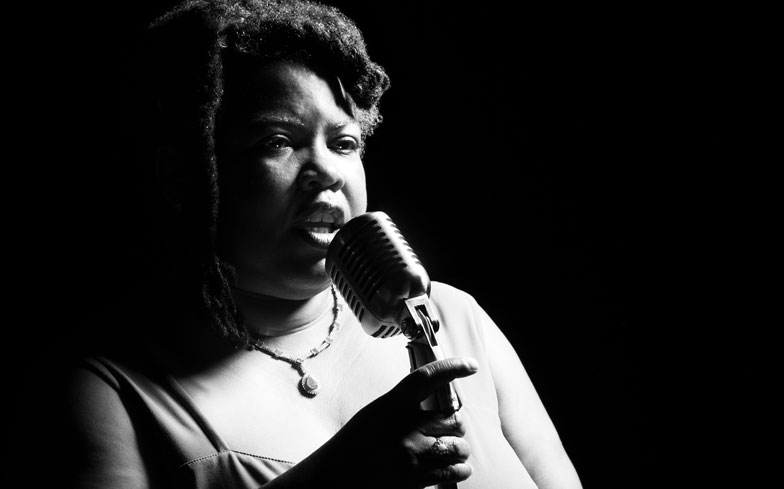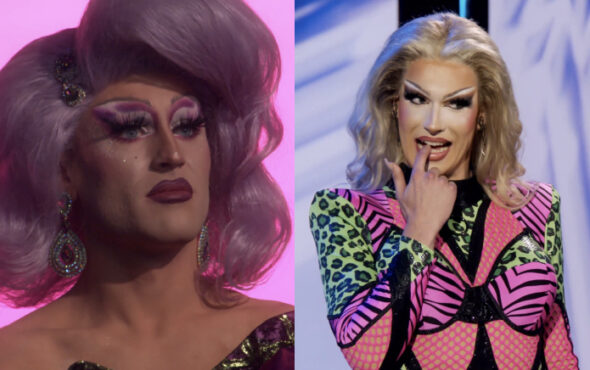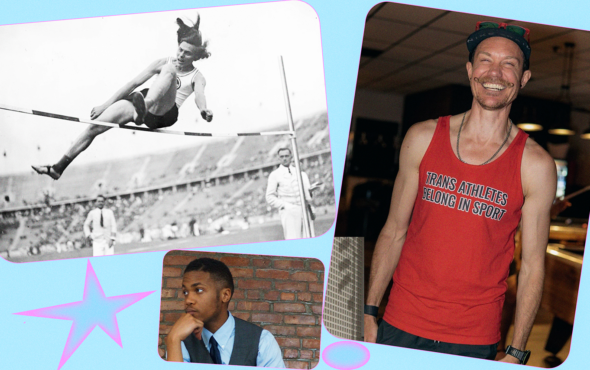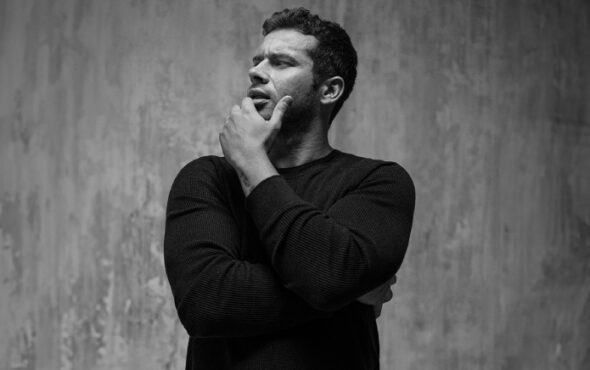
Rent Parties, by Cheryl Martin: Ask yourself, does this sound familiar?
Big influx into a city of loads of diverse workers: lots of new people, little to no new housing. People lucky enough to own buildings and flats and houses realise they can make a fortune by renting to the newcomers, and rents go sky-high. Houses get subdivided into flats; flats meant for one or two people house four to six. People hunting affordable housing fight over cubbyholes Santa’s mice would reject as too small.
Is this London in 2017? South Manchester after folks started running up north from London? San Francisco after the techies moved in?
Or Harlem, New York City, circa 1920s and 30s? 200,000 people of African descent moved to Harlem in the early 1920s, coming from the Caribbean, Africa, and the US South*. Segregation meant they were squeezed into a small section of Manhattan, and racism meant their rents were much higher than in other parts of town. The new workers – railway men, maids, cleaners, factory hands – found themselves paying exorbitant and ever-increasing prices for third-rate accommodation. Like I said, does this sound familiar?
But Harlem’s black citizens found a fun, creative, inventive solution to this dilemma: a few days before their ridiculously high rent was due, they’d invite some friends over, ask them to entertain paying guests, charge extra for food and booze, and use the proceeds to pay the landlord. The Rent Party was born.

Sam Taylor
Rent Parties grew rapidly in popularity, and overlapped the brilliantly creative artistic period known as the Harlem Renaissance. Harlem was one of the first truly inclusive communities in the States, home to LGBT writers such as Zora Neale Hurston, Countee Cullen and Langston Hughes in the 1920s and 30s, to James Baldwin and Lorraine Hansberry in the 50s and 60s, and Audre Lorde, Kehinde Wiley and so many more.
Langston Hughes, a well-known poet, loved Rent Parties, and he and famous bi-Bessie Smith preferred hanging out with the working folks who made those parties so hot to going to literary salons. “Check your razors and your guns”, Bessie sang in one of her most famous blues, Gimme A Pigfoot, “we’ll all get arrested when the wagon comes”. Now that sounds like an authentic walk on the wild side.
Things haven’t changed as much as we’d like to think. In 21st-Century Austerity Britain, the have-nots and the wild souls on the margins still know how to transform hard times into dance – Voguing, anyone? – into music and poetry and images and visuals that can make your soul sing.
Related: Rent Party is one of the hottest theatrical parties – review
Rent Parties have come back in the States, because people still need them to feed money to over-grasping landlords.
And here in Britain? With universal credit putting whole families on the streets, sending working people to food banks? With university lecturers who can’t make their rent or start a family because their part-time work, patched-together mosaic of jobs doesn’t come close to allowing them to live a normal life? With people kicked off the life-sustaining Disability Living Allowance and onto benefits that leave them without care support or the chance simply to be able to get from A to B on their own, with dignity?
For all those folks, and for the queers and the lesbians and the bi’s and the everybody who doesn’t see themselves reflected on television or on movie screens or on theatre stages, we are throwing a party for all of you. Darren Pritchard – who directed Rent Party and co-wrote it with me – gathered a cast of mostly mixed-heritage, almost all gay dancers and singers, all paid-up members of the new precariat.

Sam Taylor
The more things change, the more they stay the same: we search high and low, usually in vain, to find our gay, black selves as the heroes of stage and screen – except for the miracle of a Moonlight. So it’s up to us to find black and gay folks who can sing, and dance, and act – all very close by, all but one from our own hometown of Manchester – and the odd one out is from Birmingham.
Related: A new Oz rises with this exciting production of The Wizard of Oz – review
And truth is more fun than fiction. We let them tell their own stories:
Stuart, “the fiercest pony-tail-wearing, hat-bearing, weave-flailing diva this side of the bread line”, the party host.
Jason, statuesque, roller-skating, voguing sensation.
Kam, working at ASDA but channelling the lead in Sister Act.
Lenai, from a proud matriarchy, paying off her dance school debt one late-night gay club gig at a time.
AJ, the “self-professed geek”, dreaming of mathematical perfection while trying to learn how to breathe underwater, all on his own.
Almost a hundred years ago in Harlem, in New York, hard-up African Americans only had to look around and ask their friends to entertain to create unforgettable, legendary nights that inspired songs and poems. Today, in 21st-Centry Austerity Britain, we only had to look around to find a group of multi-talented, charismatic performers on our doorstep who will create the same kind of memories, the same kinds of inspirations.
Yes, we’re black, we’re queer – and we’re here to entertain you!
More information can be found here.




